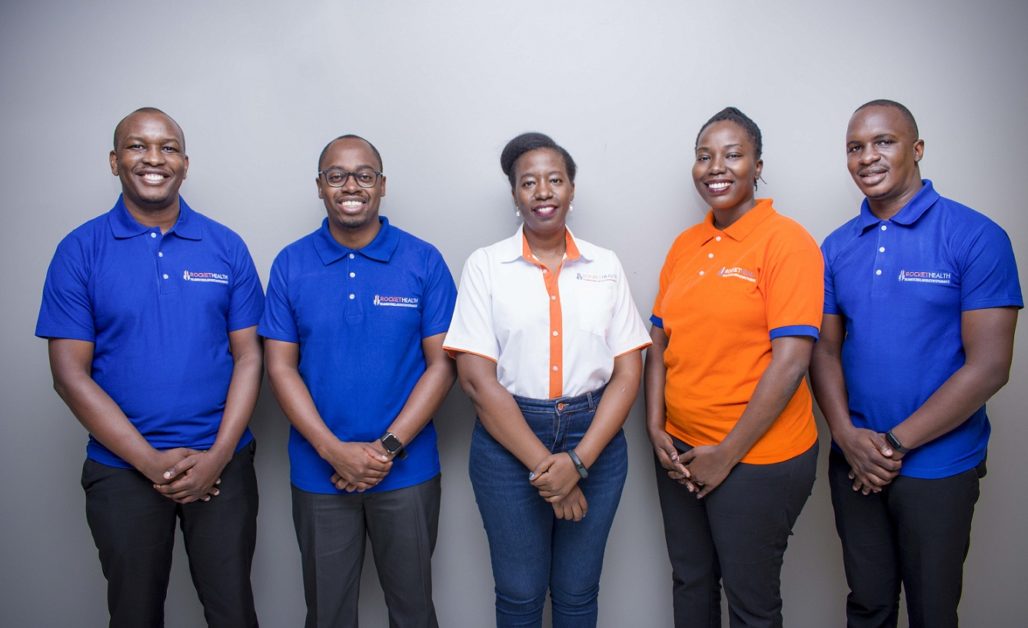Ugandan Startups Raised USD70m in 2022 As Funding for African Startups Rises to Almost USD5billion

Rocket Health Founders (Left-Right) Dr. John Mark Bwanika - Co-founder and Chief Operations Officer; Dr. Davis Musinguzi, Managing Director; Fiona Nuwamanya - Chief Finance Officer; Hope Fortunate Achiro - Co-founder and Chief Pharmacy Officer; Dr. William Lubega - Co-founder and Chief Medical Officer. The company, in March 2022, closed a USD5 million Series A funding round led by Creadev, an evergreen investment fund backed by the Mulliez Family of French entrepreneurs.PHOTO/Courtesy